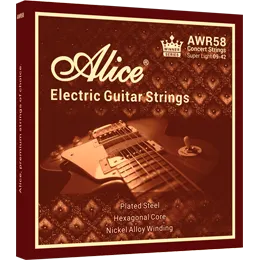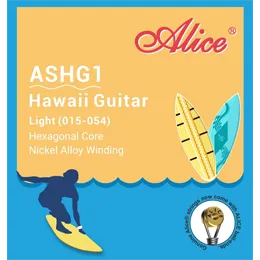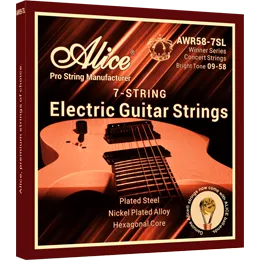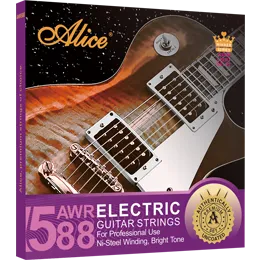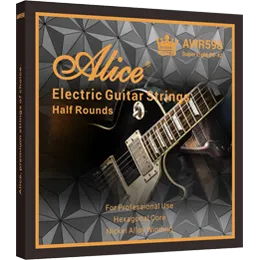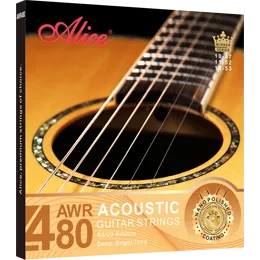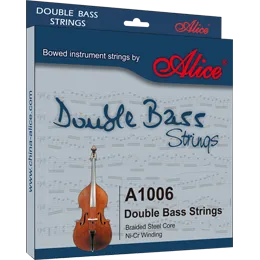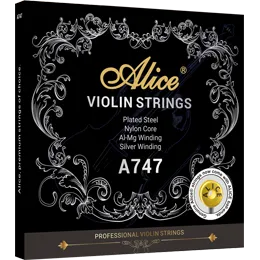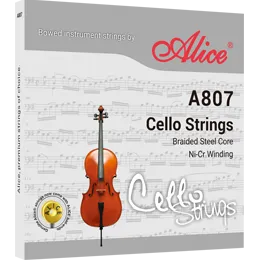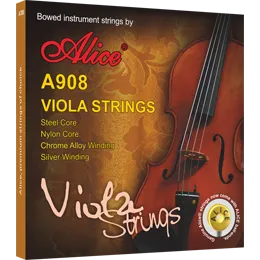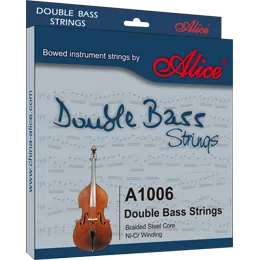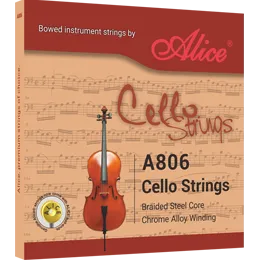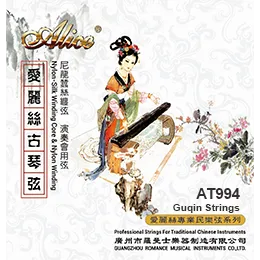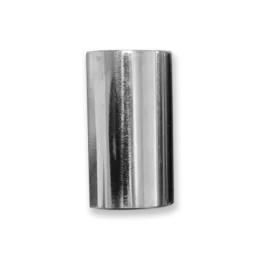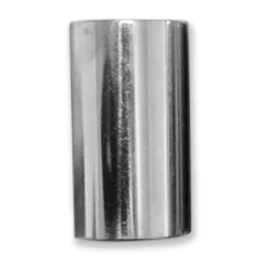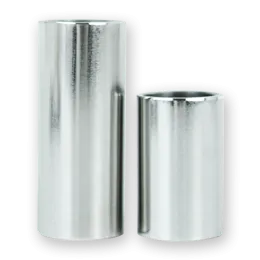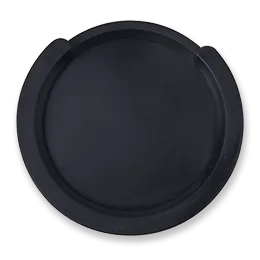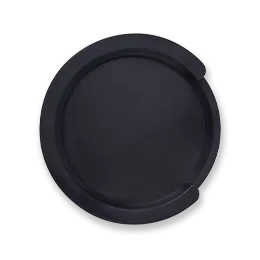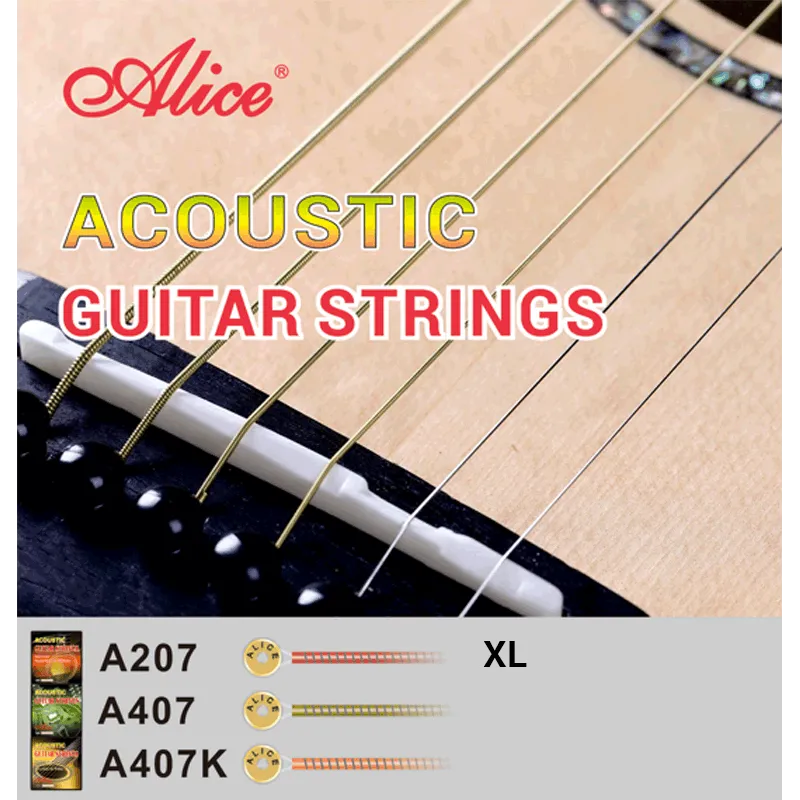Are Acoustic and Classical Guitar Strings the Same?
When it comes to guitars, one of the most common questions asked by musicians, retailers, and distributors alike is whether acoustic guitar strings and classical guitar strings are the same. While the terms “acoustic guitar” and “classical guitar” are sometimes used interchangeably by beginners, the truth is that these two instruments have significant structural differences—and the strings designed for them are far from identical.
whether you are a wholesaler, retailer, or OEM partner—understanding the distinction between these string types is essential. It not only ensures that your customers purchase the right products but also helps you stock inventory that aligns with the specific needs of diverse guitar players.
( A207 Acoustic Guitar Strings )
1. Core Material Differences
Classical guitar strings are made of nylon or nylon-based materials. The treble strings are typically clear or rectified nylon, while the bass strings are nylon cores wound with silver-plated copper.
Acoustic guitar strings, on the other hand, use a steel core. The treble strings are plain steel, while the bass strings are steel cores wound with bronze or phosphor bronze alloys.
This fundamental difference in material has a direct effect on sound, tension, and playability. Nylon produces a warm, mellow, and softer tone, whereas steel offers bright, powerful, and projecting sound—ideal for strumming and live performance.
2. Tension and Feel
Classical guitar strings are lower in tension, which makes them easier to press down and gentler on the fingertips. This makes them suitable for beginners, fingerstyle players, and genres like classical, flamenco, and Latin music.
Acoustic guitar strings are higher in tension, providing louder projection and crisp articulation, but requiring more finger strength to play comfortably. They are widely used in folk, rock, country, and pop music.
For music stores and distributors, it is important to note that customers often buy based on comfort level. Beginners gravitate toward classical strings, while advanced players may prefer acoustic steel strings for versatility.
3. Instrument Design Compatibility
Classical guitars are designed with a wider neck, flat fingerboard, and no truss rod. They are structurally built to handle the lower tension of nylon strings. Installing steel strings on a classical guitar can damage the instrument, leading to warped necks or cracked tops.
Acoustic guitars are constructed with reinforced necks and truss rods, allowing them to withstand the higher tension of steel strings. Using nylon strings on an acoustic guitar will not harm it but will significantly reduce volume and tonal brightness, making the instrument sound weak and muted.
This distinction is critical for retailers. Many inexperienced buyers may attempt to fit “any acoustic string” on their guitar without realizing that incompatibility can cause irreversible damage.
( AC105BK Classical Guitar Strings )
4. Tone and Application
Classical strings: Smooth, warm, and intimate tones suited for solo playing, ensemble pieces, and traditional repertoires. Preferred by classical, flamenco, and fingerstyle musicians.
Acoustic strings: Bright, clear, and resonant tones that cut through mixes, making them suitable for bands, singer-songwriters, and performance settings.
By understanding tone profiles, distributors can advise music schools, guitar teachers, and performance venues on which string types align with specific genres.
5. Market Implications for Clients
For wholesalers, music stores, and e-commerce sellers, recognizing the difference between classical and acoustic guitar strings translates into smarter inventory management. Offering both categories ensures you meet the needs of a broad customer base:
Beginner market: Higher demand for nylon strings due to ease of play and affordability.
Intermediate and professional players: Preference for steel acoustic strings for projection and stage performance.
Educational institutions: Consistent demand for nylon strings as they are the standard in music education worldwide.
By carrying both acoustic and classical strings, distributors can position themselves as comprehensive suppliers, catering to schools, hobbyists, and professional musicians alike.
Conclusion: Choosing the Right Strings
Acoustic and classical guitar strings are not the same—they differ in material, construction, tension, tonal character, and instrument compatibility. Misunderstanding this distinction can lead to poor playing experiences or even instrument damage.
For B2B clients in the music industry, offering both types of strings is not just about product variety—it is about meeting the specific needs of different player communities. The right strings enhance playability, extend instrument life, and ultimately build customer loyalty to your brand and store.
Alice Guitar Strings – Your Trusted Partner in Quality
As a global brand specializing in professional guitar strings, Alice offers a complete range of acoustic and classical guitar strings tailored to different playing styles, skill levels, and performance needs. Manufactured with advanced technology and strict quality control, Alice strings deliver consistent tone, durability, and comfort—making them a reliable choice for distributors, retailers, and OEM partners worldwide.
Whether you are supplying music schools, stocking retail stores, or serving professional musicians, Alice guitar strings provide the quality assurance and product diversity you need to grow your business and support your customers.
Relate News
-
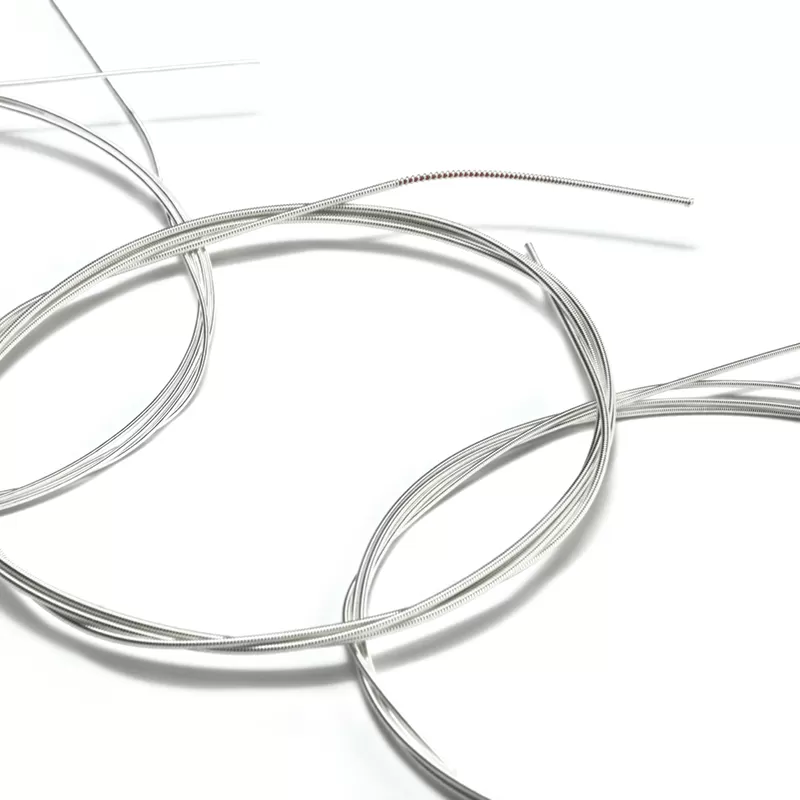 Classical guitar strings may look similar at first glance, but string tension has a significant impact on tone, volume, playability, and even long-term guitar health. Among nylon strings, normal tension and high tension are the two most common options. Choosing the right tension can dramatically affect your playing experience.
Classical guitar strings may look similar at first glance, but string tension has a significant impact on tone, volume, playability, and even long-term guitar health. Among nylon strings, normal tension and high tension are the two most common options. Choosing the right tension can dramatically affect your playing experience. -

2026 Guitar Strings Market Trends: What Distributors Should Know
The global guitar strings market is undergoing a significant transformation in 2026, driven by evolving musical preferences, technological innovation, and shifting consumer behavior. For distributors, understanding these trends is crucial not only to stay ahead of the competition but also to identify new growth opportunities. Whether you are targeting professionals, hobbyists, or OEM partnerships, knowing where the market is heading can help you make informed sourcing and sales decisions. -
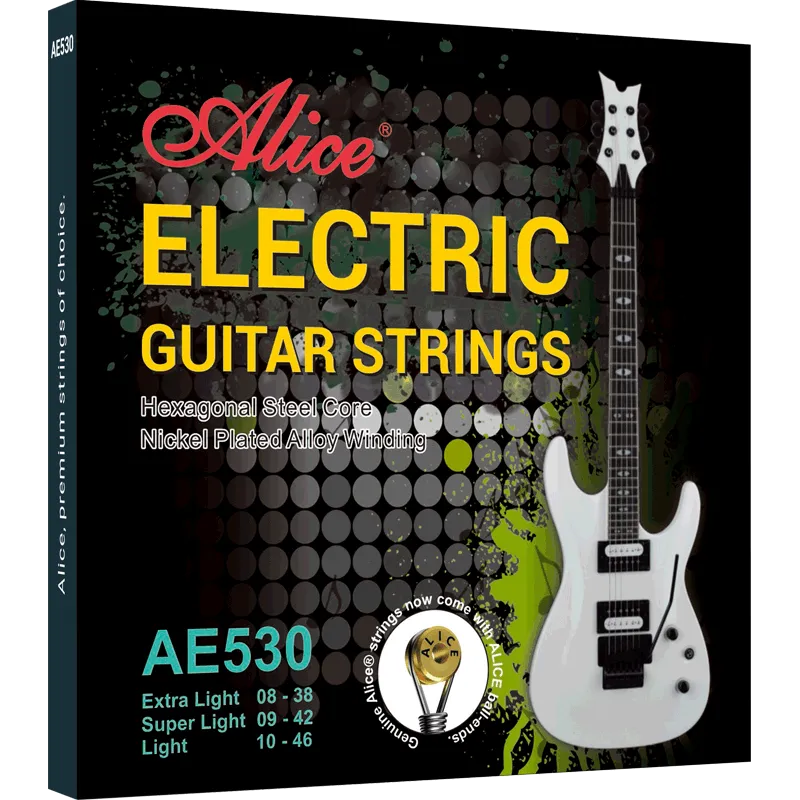
Electric Guitar Strings Explained: Gauge, Material, Tone
Choosing the right electric guitar strings is a journey of tone, comfort, and style. By understanding gauge and material, you’ll unlock the sound that best fits your music. -
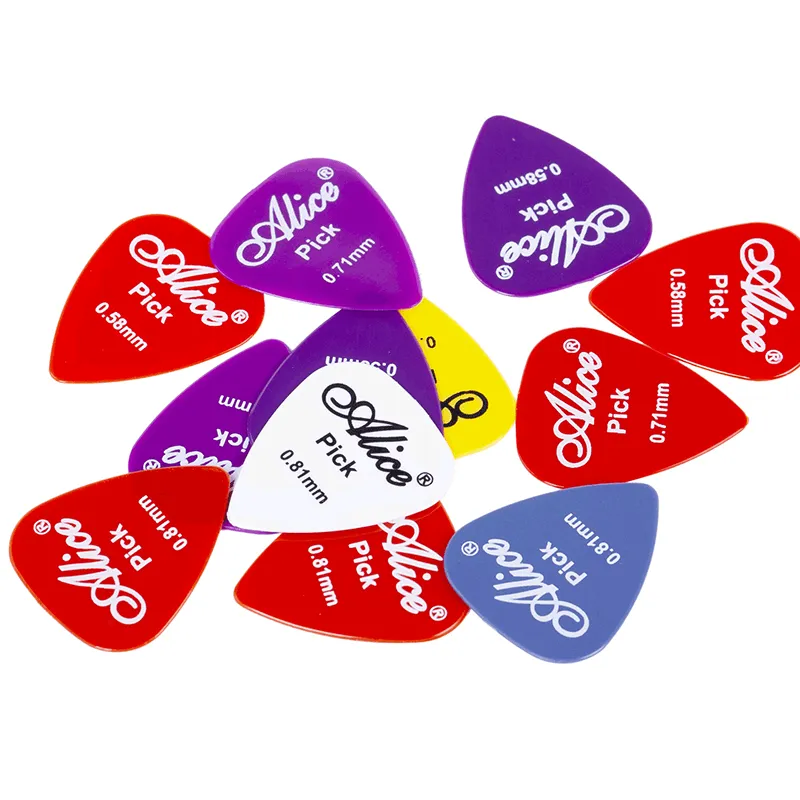
What Type of Guitar Pick Is Best?
Choosing the right guitar pick may seem like a small decision, but for guitarists, it can have a surprisingly big impact on tone, technique, and overall playing experience. Picks come in a wide range of shapes, sizes, thicknesses, and materials, each designed to meet different musical needs. Whether you are a beginner learning your first chords or a professional guitarist performing on stage, understanding how different picks influence sound and playability will help you choose the one that best suits your style. -

Acoustic Guitar Strings Guide: Types and How to Choose the Right One
And when you're ready to choose your next set, consider Alice Acoustic Guitar Strings—crafted for clarity, built to last, and trusted by guitarists around the world. Whether you're strumming under the stars or recording in the studio, Alice brings your music to life. -

From Classic Rock to Modern Indie: The Evolution of Guitar String Trends
Guitar strings may seem like a small component of the instrument, but over the decades, they’ve played a major role in shaping the sound, tone, and feel of countless musical movements. From the electrifying riffs of classic rock to the textured soundscapes of modern indie music, the trends in guitar strings have evolved alongside musical tastes, technology, and player preferences. -
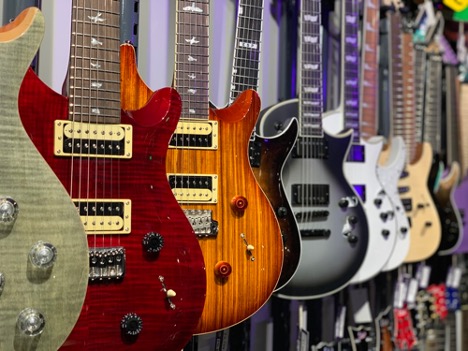
What Strings Fit Your Instrument? The Ultimate Guitar String Matching Guide
Choosing the right strings for your guitar isn't just a matter of brand or price—it’s about compatibility. Your instrument has specific tonal characteristics, structural limits, and musical goals. The right strings enhance your sound, feel better under your fingers, and prolong your guitar’s life. The wrong strings, however, can dampen your tone, strain your guitar's neck, or even cause damage over time. -
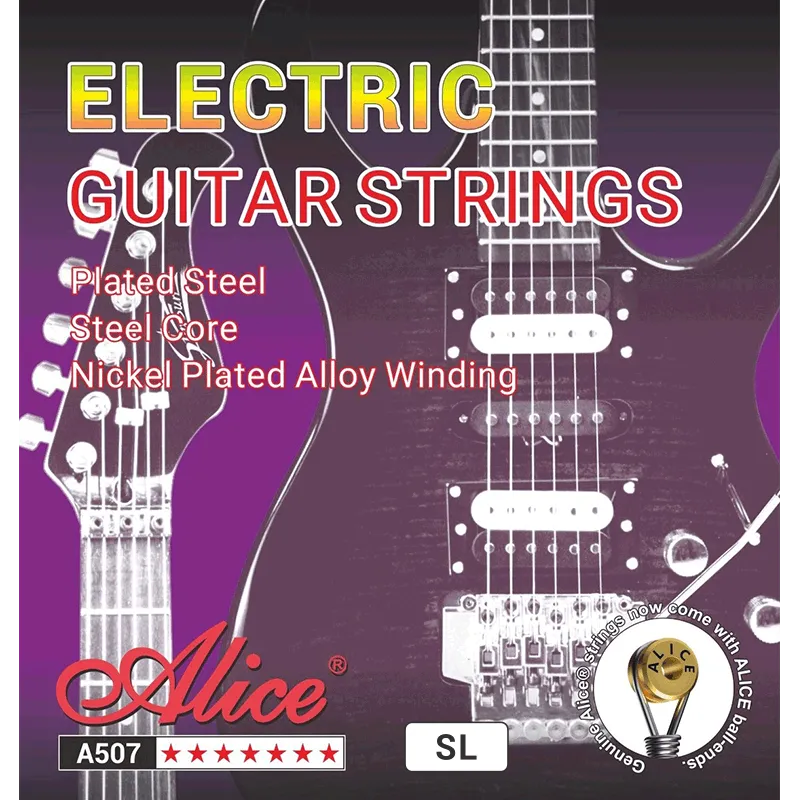
What Are the Different Types of Guitar Strings?
Guitar strings may seem like a small part of your instrument, but they play a crucial role in the overall tone, playability, and performance of your guitar. Whether you're a beginner or a seasoned player, understanding the different types of guitar strings can help you make informed decisions that enhance your playing experience. -
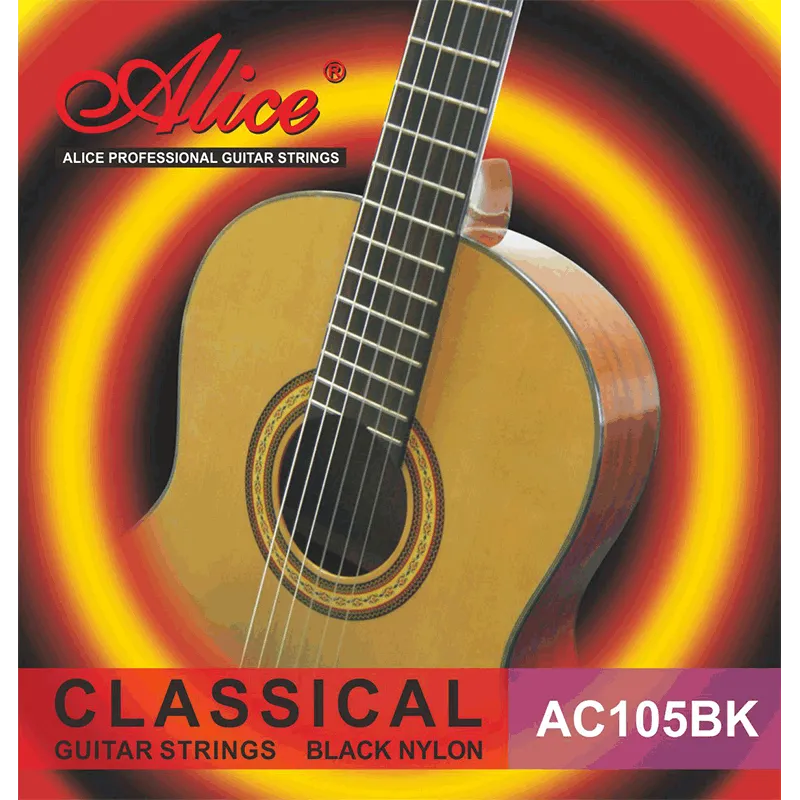
Wholesale Guitar String Purchasing: A Practical Guide for Retailers and Distributors
In the musical accessories industry, guitar strings remain one of the most frequently sold and restocked items. Whether you run a music store, manage an e-commerce platform, or distribute to local schools and bands, purchasing guitar strings in bulk requires more than just choosing the lowest price. -
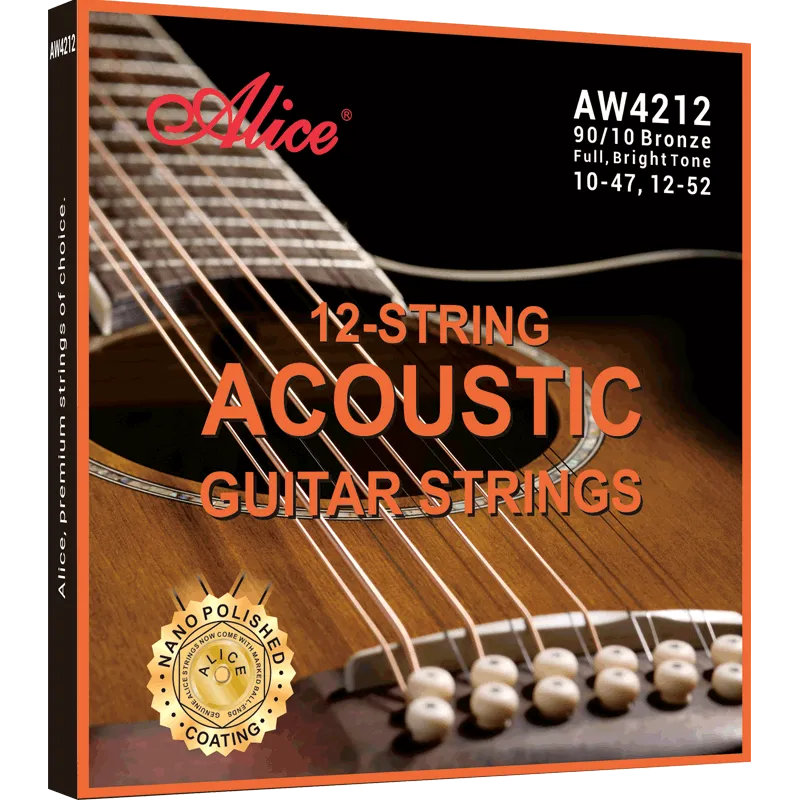
How to Choose the Right Guitar String Models for Export Markets
one string gauge or material might be popular in the U.S., a completely different specification may be in demand in Japan, Brazil, or Germany. For manufacturers and distributors, adapting to these nuances is essential to gaining market share and building lasting relationships with music retailers and players around the world. -

From Factory to Store: Guitar String Supply Chain Trends
As musicians become more conscious of quality, sustainability, and ethical sourcing, guitar string manufacturers and distributors are responding with greater transparency and innovation. -
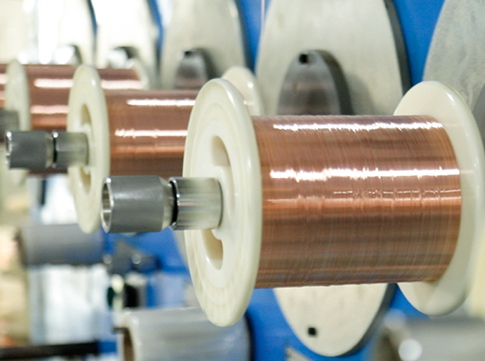
Give Charm to Sound, Make Music Magic: Discover ALICE, the Exceptional Wholesale Guitar Strings
ALICE, as a leading manufacturer of premium-quality wholesale guitar strings, we are dedicated to providing the tools that empower musicians to create enchanting melodies and captivating harmonies.


